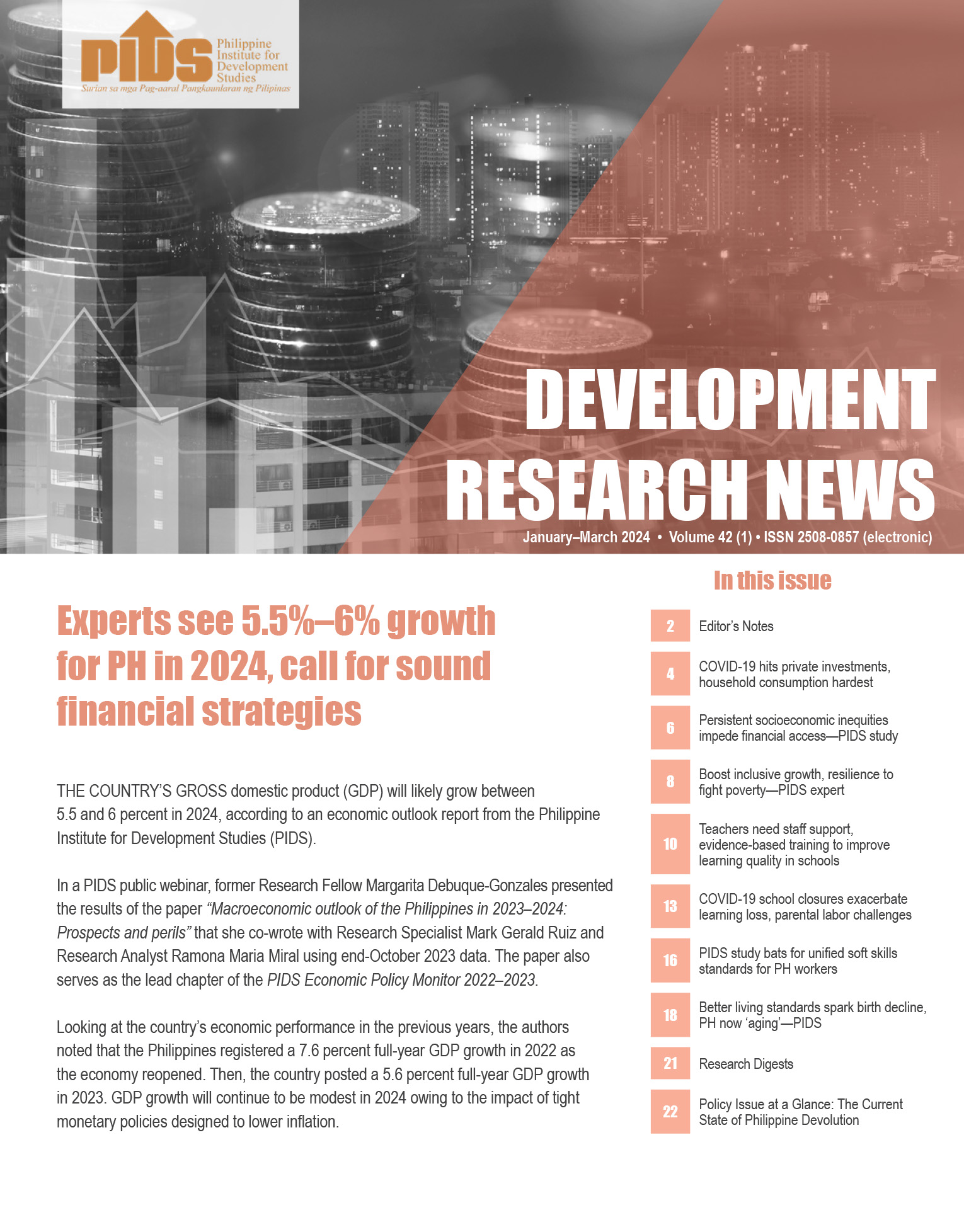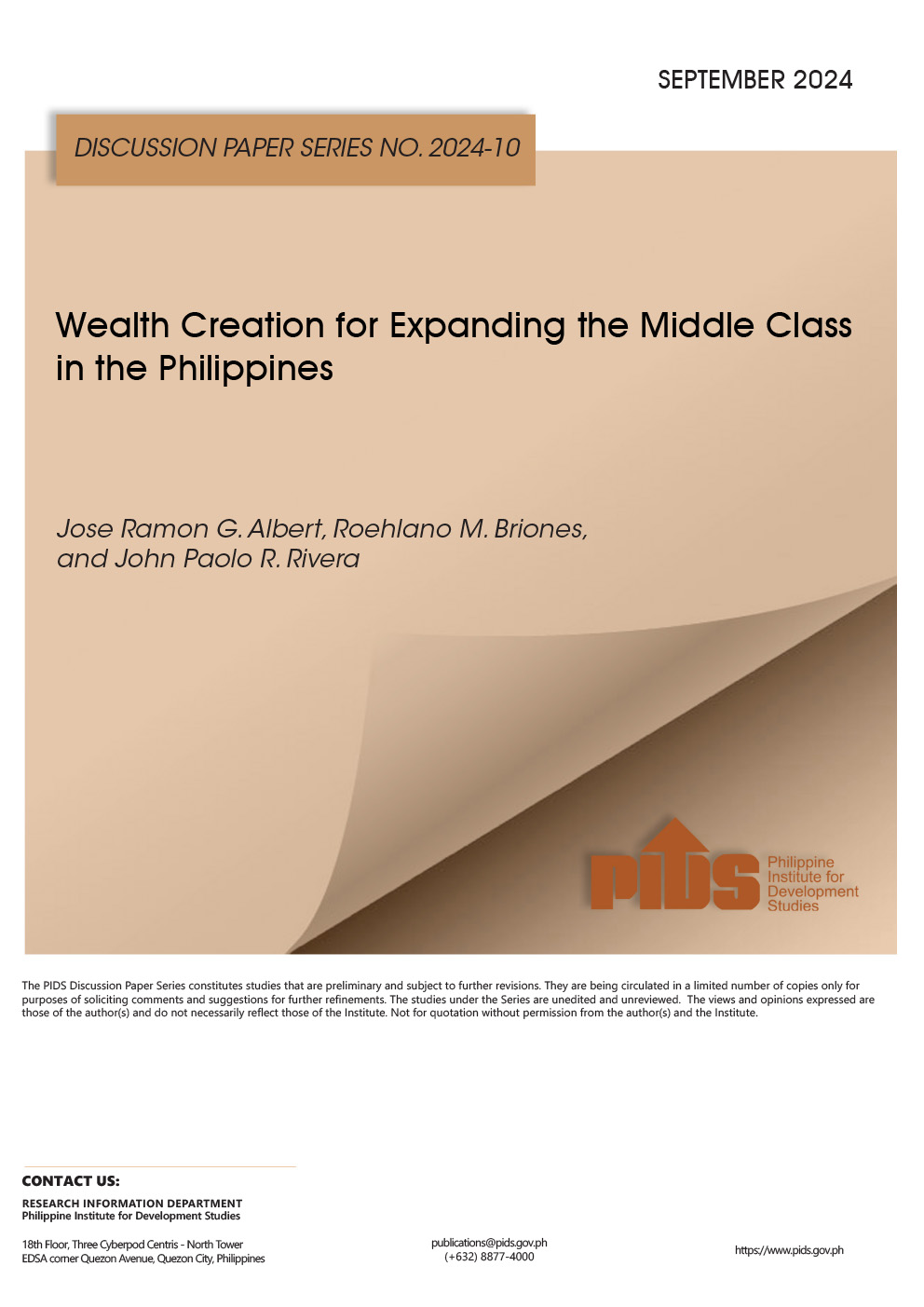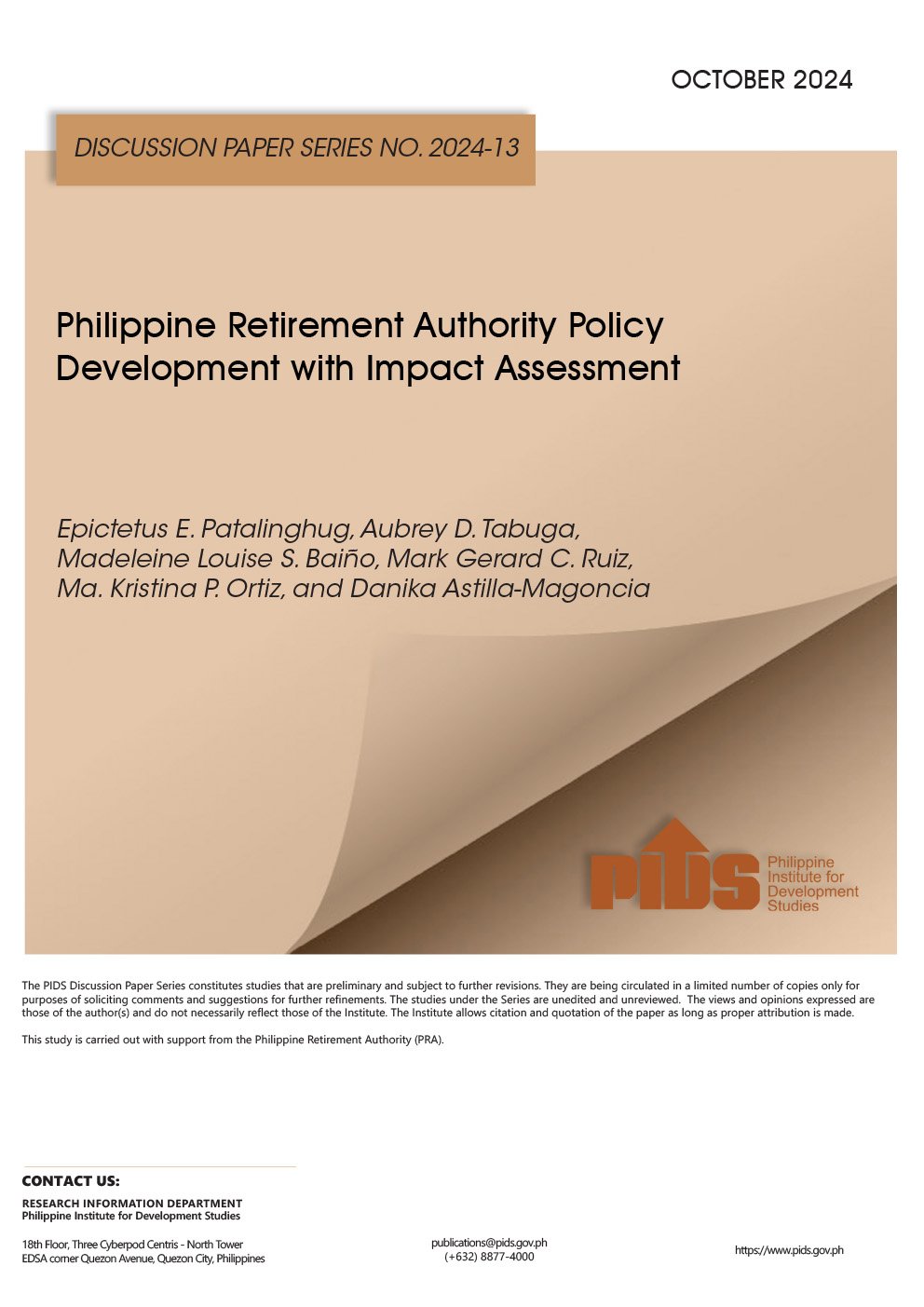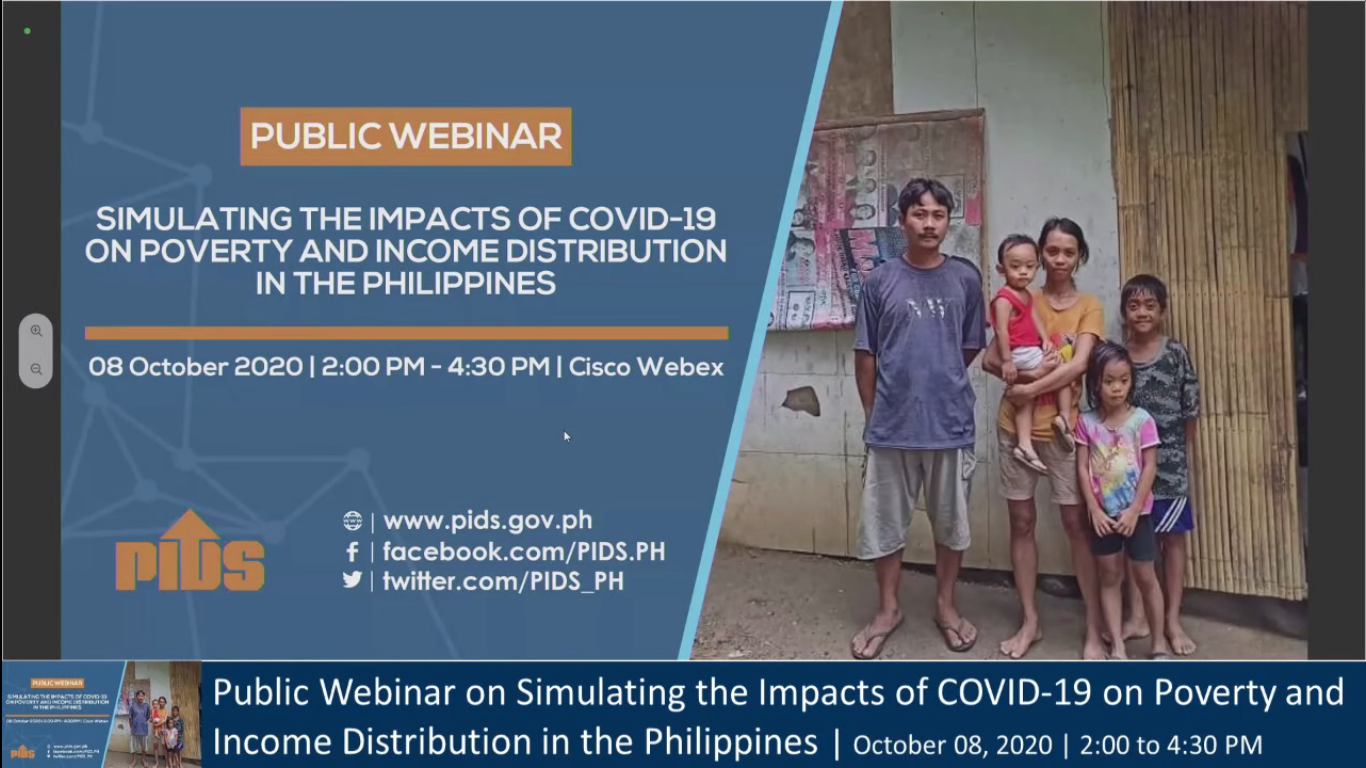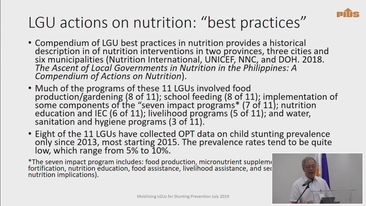MANILA, Philippines - Some Filipinos are now willing to work below minimum wage as long as they can earn money.
Based on the law, workers should be given minimum wage to ensure a decent standard of living for them and their families.
However, a study by the Philippine Institute for Development Studies showed that a higher minimum wage actually worsens poverty.
"Generally, (minimum wage is) not only unhelpful but highly detrimental to the welfare of the common man and the disadvantaged," the report stated.
The PIDS report, Labor Policy Analysis for Jobs Expansion and Development, was written by Vicente Paqueo, Aniceto Orbeta, Leonardo Lanzona and Dean Dulay.
"Based on the findings, Because there's a minimum wage, it prevents that kind of arrangement to happen," Dr. Leonardo Lanzona of PIDS, one of the report's authors, said.
The study says instead of uplifting the lives of poor families, minimum wage actually prevents them from finding a job, leading to a lower household income.
Experts suggest companies should be allowed to hire low-skilled workers and give them lesser pay so they can provide jobs to more people in need.
"Allowing firms to hire low skilled and poor workers who want to voluntarily opt out of the mandatory minimum wage norm, recognizing that it hurts rather than helps them; ensure, though, that workers' acceptance of the offers is voluntary and well informed," the report said.
The Employers Confederation of the Philippines agrees with this, noting that the bigger problem is not low wages but the lack of jobs.
"Kailangan balansehin ang kapakanan ng mga mangagawa para magbigyan sila ng wastong sweldo. Pero wag naman masyadong mataas para hindi na maging competitive ang mga negosyo," Ernie Cecilia, co-chair of the technical working group on technical and social policy issues at ECOP, said.
But the National Wags and Productivity Commission is apprehensive about the study's findings.
"The government performs a very delicate act of balancing the needs of workers and requirements of business and industry for expansion and growth. Both are equally important to economic development," Patricia Hornilla, deputy executive director of the commission, said.
The study is now being evaluated by the National Economic and Development Authority to determine if it should be recommended to Congress. - from a report by Jasmin Romero, ABS-CBN News

